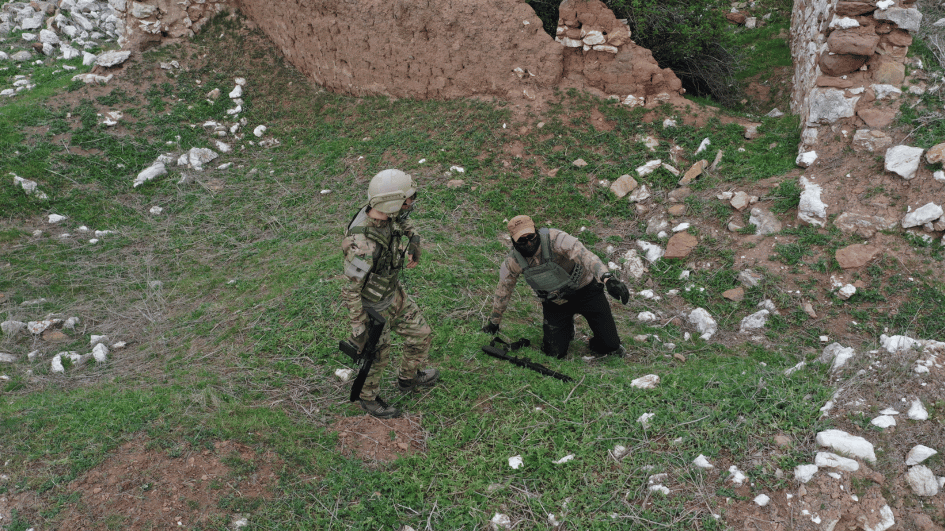Russia warns, Turkish firms avoid crisis-hit EU
MOSCOW / PARIS

AFP photo
Moscow is nervously watching the economic crisis unfolding in the European Union, Russian Prime Minister Dmitry Medvedev said yesterday, ahead of a working visit to France, adding he felt the crisis represented a serious threat to Russia’s own economic performance.Medvedev’s harsh wording was not limited to economic woes, as he also hit hard at France’s stand on the Syrian rebels.
Medvedev complained to Agence France-Presse in a joint interview with Le Figaro yesterday that EU leaders sometimes lack the “energy and will” to solve their problems amid squabbles over whether to back austerity or growth. “We see this as a very serious threat,” said Medvedev.
This came simultaneously with the eurozone finance ministers’ meeting for the third time in two weeks on immediate funding to avert a threat of bankruptcy for Greece and to deal with the country’s ever-growing mountain of debt. Greece has been waiting since June for a loan installment of 31.2 billion euros ($40 billion) to avoid running out of money sometime around the end of the year. However, no result came out of the meeting before the Daily News went to print yesterday evening.
“We are, to a large extent, dependent on what happens in the economies of the EU,” Medvedev said. The EU states account for half of Russia’s trade volume while Moscow holds some 41 percent of its foreign currency reserves in euros.
“There is that endless dispute of what is better, fiscal consolidation or development,” said Medvedev. “It seems our European partners are moving toward an agreement but the main thing is that it is not late.”
He was speaking as talks on the European Union’s trillion-euro budget ended in deadlock Nov. 23 as leaders of the bloc’s 27 member states failed to overcome seemingly irreconcilable differences on how to reduce spending.
Medvedev said that Russia was paying particular attention to what he described as the “weak links” in the eurozone such as Greece and Spain, AFP reported.
But he emphasized that Russia has no intention of moving out of euros in its reserves even though he acknowledged bringing up the importance of the currency in conversations with EU leaders.
“So I have always said to my colleagues, including the president of France and German chancellor, that we very much hope the euro continues to exist as a stable reserve currency.”
‘Unacceptable’ support to Syrian rebels
Ahead of his talks with French President Francois Hollande, the Russian Prime Minister slammed the recognition and support of the Syrian, currently opposition battling the regime of President Bashar al-Assad, by France and other states as “unacceptable.”
“From the point of view of international law, this is absolutely unacceptable,” Medvedev said in the interview at his suburban Gorki residence.
“A desire to change the political regime of another state by recognizing a political force as the sole carrier of sovereignty seems to me to be not completely civilized,” he said. France was the first Western state to recognize the newly formed Syrian National Coalition as the sole representative of the Syrian people and was swiftly joined by Britain, Italy and the European Union. Turkey also considers the coalition as the legitimate representative of the people of the neighboring country.
Paris has also raised the idea of excluding defensive weapons for the rebels from the current blanket EU embargo on Syria.
Medvedev also said he is not ruling out a return to the Kremlin after his 2008-2012 single term as Russian head of state but was happy working as premier under his mentor Vladimir Putin.
















